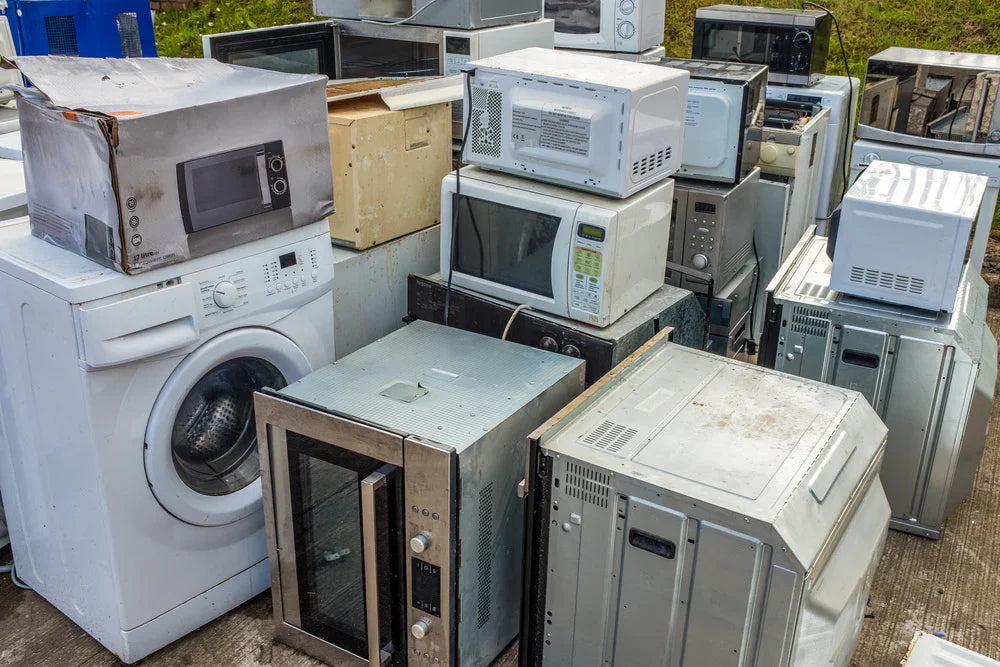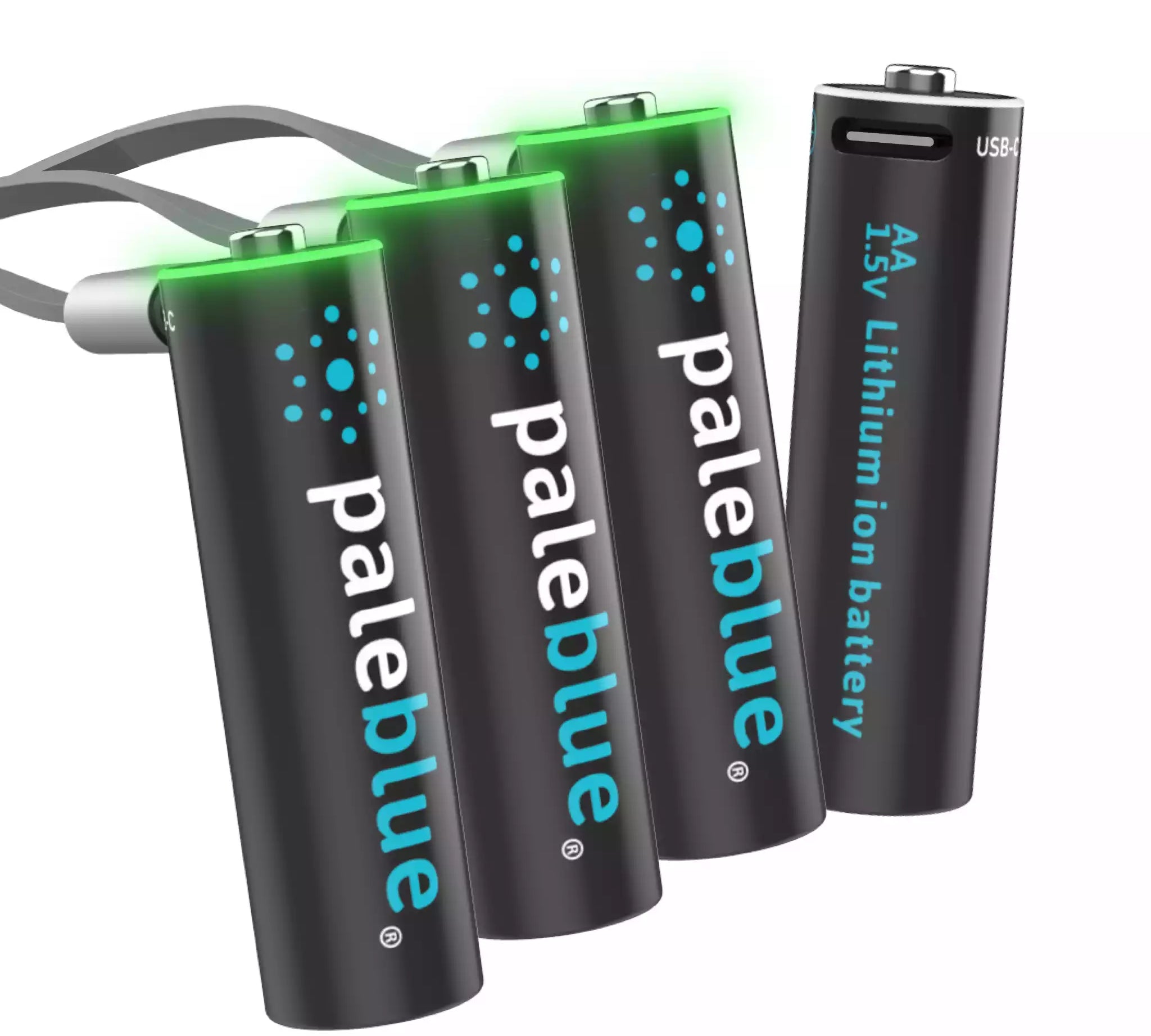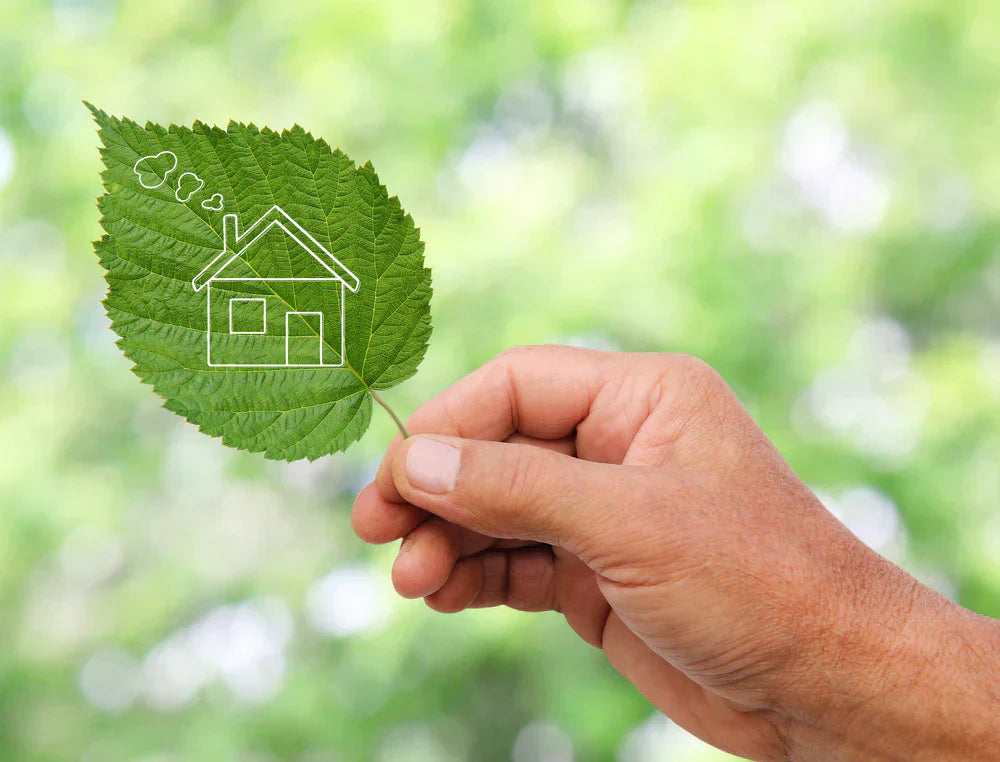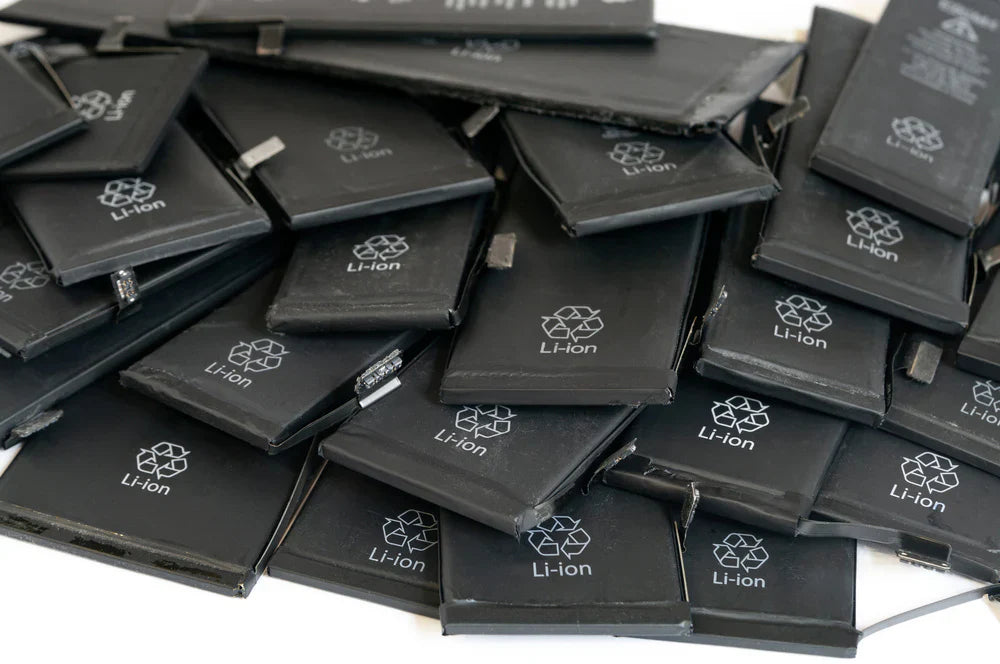Electrical Item Recycling Is Working in Ireland

Recycling has been a hot topic for as long as most of us can remember. It is a topic we believe engenders a lot of unnecessary debate. It is true that the way we implement recycling programs doesn't always work out. But the theory itself is sound. Genuine recycling is certainly possible, albeit challenging, as demonstrated by a recent report out of Ireland.
The report in question details a relationship between WEEE Ireland and a company known as KMK Metals. The relationship has been ongoing since 2005. During that time, the partners have managed to recycle more than 200 million electrical devices. They have also recycled over 18,000 tons of batteries. That equates to literally billions of battery cells that never made it to landfills and whose constituent materials could then be reused in the manufacturing of new products..
Regular Paleblue customers know how we feel about batteries going into landfills. One of our primary objectives when starting this company was to do whatever we could to reduce the number of disposable batteries consumers throw away every year. While our lithium rechargeable smart batteries are a great start, we ultimately want to see the practice of batteries going to landfills come to an end once and for all.
Recycling Large and Small Appliances
Getting back to the recycling project in Ireland, it is not clear what motivated the partners to implement it so many years prior. But these days, they are proud to say that their joint efforts have resulted in harvesting valuable metals including aluminum, copper, and zinc. Harvesting those materials means less reliance on mining for new materials.
Understand that the same thinking can be applied to recycling lithium-ion batteries. All Paleblue lithium rechargeable smart batteries can be recycled by dropping them off at a local collection center. Combined with other lithium-ion brands, our batteries provide raw materials that can be harvested and put into new batteries. Just being able to harvest recycled lithium would reduce the amount of mining necessary to fuel future battery production.
In Ireland, the partners have recycled some 16,000 tons of large appliances, like refrigerators and stoves. They have recycled approximately 11,000 tons of small appliances like coffee makers and toasters. They have even recycled some 3,000 tons of TVs and computer monitors. Consumers have made it all possible by dropping off their recyclable waste at public collection centers.
Why Waste What Can Be Recovered?
Those of us who believe in recycling everything from lithium rechargeable smart batteries to computer monitors love to hear reports like this. Hearing of successful recycling efforts puts a smile on our faces. We believe recycling can work if it is done properly. So why be content to waste what can be recovered?
We understand the fact that certain types of consumer plastics are hard to recover and recycle for a variety of technical challenges. Fortunately, the problems related to plastic recycling do not apply so much to batteries, electronic devices, and electrical components. Ireland has proved as much.
Recycling electrical and electronic devices has generated hundreds of thousands of tons of materials that can be put back into the circular economy. Doing so isn't sexy or glamorous, but it is effective. It has been so effective in Ireland that what they have accomplished there is a model for others to follow and to scale up.
Individually, none of us can save the world by recycling. But our combined efforts can make a significant difference. We sincerely hope you recycle your Paleblue Earth lithium rechargeable smart batteries when they reach end of life. We also hope you are no longer using disposable batteries. If we all do our part, things will eventually change for the better.
- Tags: Sustainability







